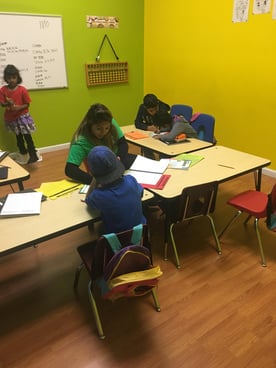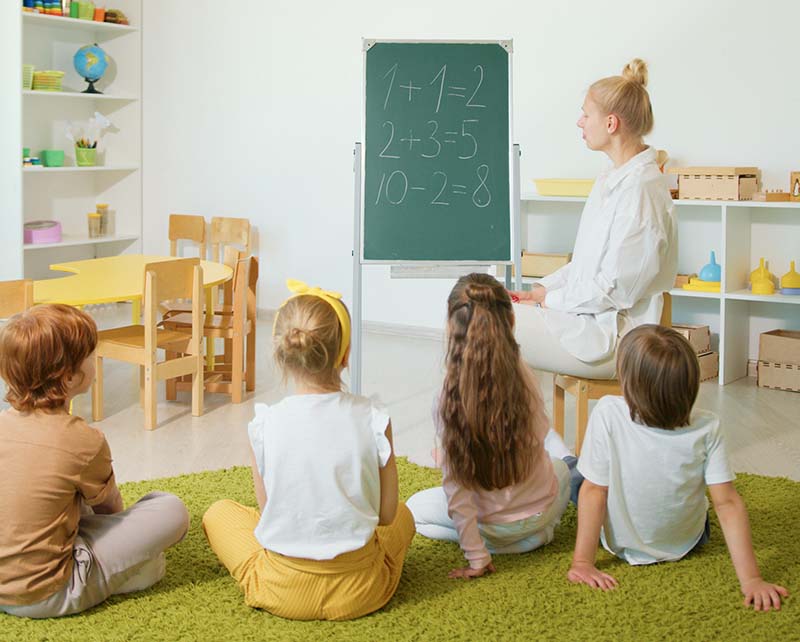Throughout our lives, we all will form different habits. Some may be bad habits that form unintentionally like biting your nails. And others might be good habits that we form on purpose. Well, a couple of weeks ago, the New York Times posted a story on how to form positive habits. And although the story was more targeted towards people in their twenties, the advice can easily be applied to children as well.
The main idea of the story is that the way to intentionally form habits is through the idea of training your brain to associate a certain cue with a routine and then with a reward. So what would be an example of this? Well, the article gives the example of someone forming the habit of going for a jog every day. In this example,the cue could be something like a certain time. You could decide to go for a jog every day at three o’clock. Then there’s the routine, which would be going for the jog itself. And then you would give yourself a reward like a chocolate bar.
the habit of going for a jog every day. In this example,the cue could be something like a certain time. You could decide to go for a jog every day at three o’clock. Then there’s the routine, which would be going for the jog itself. And then you would give yourself a reward like a chocolate bar.
But how would you apply this concept to helping your children succeed in school? Well, let’s say your child struggles with doing their homework every day after school. Well, you can help them form the habit of doing it using the same method. You could tell them that they need to start doing their homework every day at the same time, like 3:30 for instance. The time 3:30 would be the cue in this example. Then they could spend a certain amount of time doing it every day. This could depend on how much time it would usually take them. But let’s just say that it would be for two and half hours until 6 pm. This would be the routine. Then when they’re done with their homework, you can give them the reward of something like letting them play video games or watch TV for an hour.
You see, the reward will elicit endorphins in their brain. And after a while of doing this routine, your kid will start to associate the positive feelings of the reward with the habit of doing their homework. And the best part is that, according to the original article, after a while, they won’t even need the reward to get that endorphin rush. Their brain will just form the habit of giving it to them. This could really help a lot of kids get a lot of work done if they do it correctly.
Links:
http://www.nytimes.com/2016/10/19/well/mind/how-to-form-healthy-habits-in-your-20s.html?_r=0





